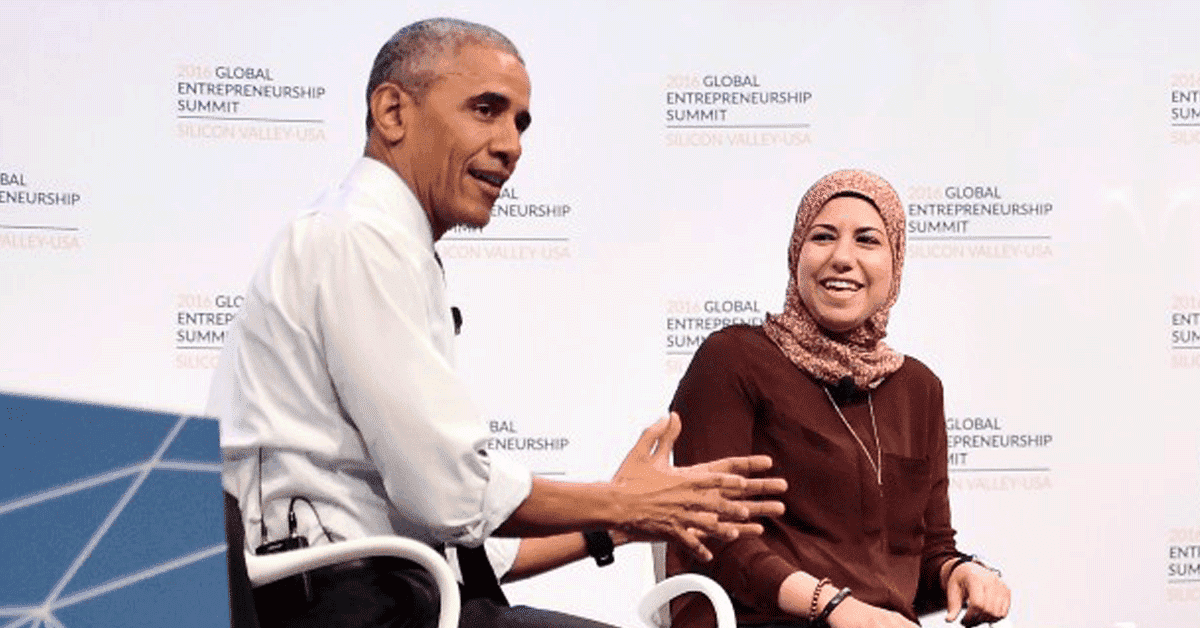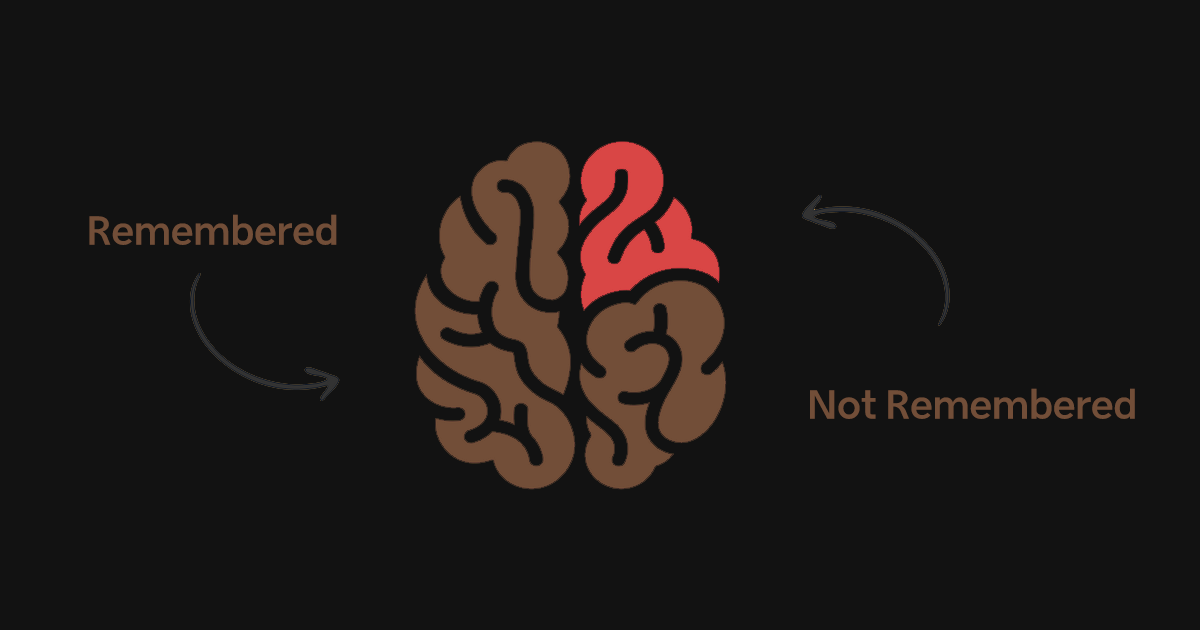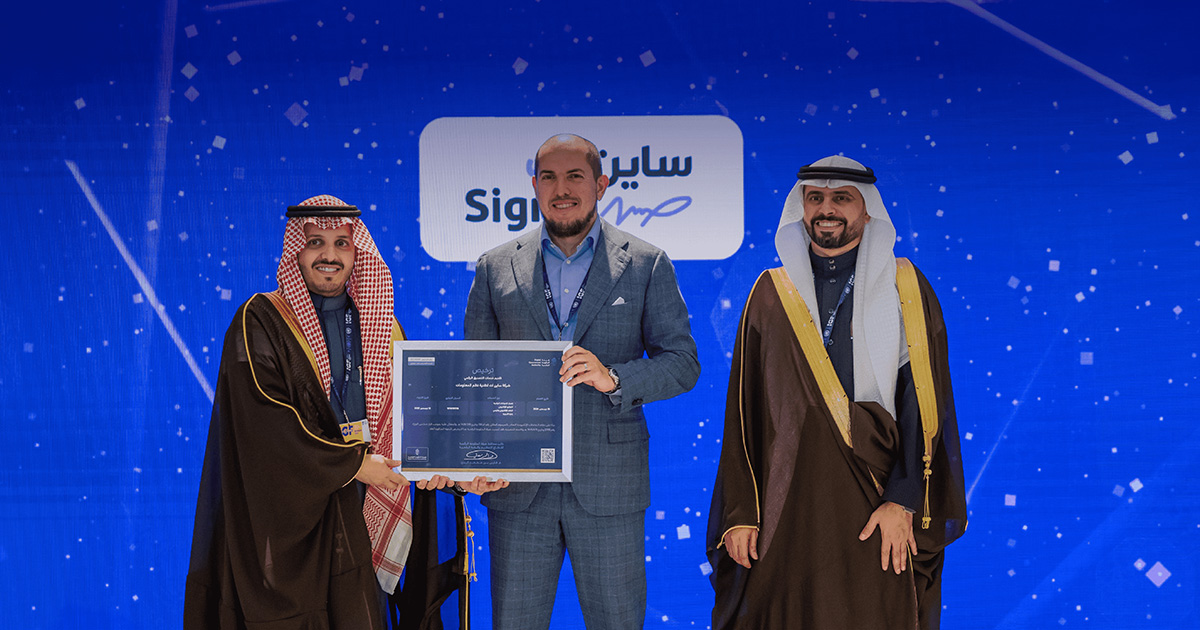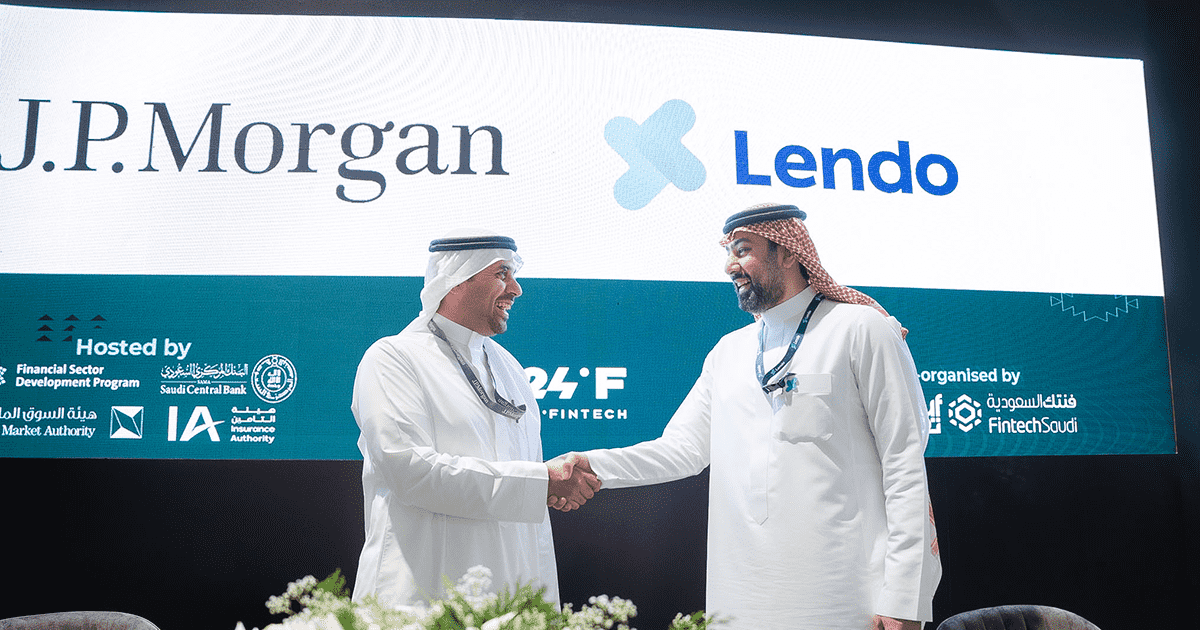7 questions to ‘Mai Medhat’ Egyptian entrepreneur who met Obama

As many of you might have heard by now about the young Arab woman who made it to the global entrepreneurship summit and was selected to join a panel with mark Zuckerberg and moderated by Barak Obama. For those who don’t know, Mai Medhat is the co-founder and CEO of Eventtus, an online platform and mobile app for events that everyone searched and looked for in the Egyptian app store after the news propagated.
Mai news broke the internet as it was an inspiration to most of the Arabs, and for this reason, we wanted to gather more information and chat with her. Enjoy the read…
1- Who is the person that you see most inspiring to you?
Sheryl Sandberg, the COO of Facebook. Sheryl, to me, is not only inspiring but also aspiring.
2- Who is your source of motivation?
Eventtus team; with all the stress that we go through every day, seeing the team excited and fighting to solve the daily challenges motivates me the most. For any startup, the team can make you or break you. No startup in the world will work by itself. It is always about the team behind it.
3- What is the best mentor advice you have received?
Always be open to advice, but always choose what suits you. No one knows your startup and your product as much as you do. Open for feedback, but always stick to your vision.
4- What’s your favorite thing you do outside work?
Going to the movies and meeting my friends! Quite ordinary! (Breaks laughing). I am too busy most of the time at work and with Eventtus. So when I get some time, I prefer meeting my friends who I don’t usually get the time and chance to meet, plus entertain myself with movies to watch.
5- Away from any governmental or startup infrastructure limitations, do you think there are any cultural challenges?
Yes, it is not easy for typical traditional parents and families to understand the concept and consequences of entrepreneurship. Although my parents have always been super supportive throughout my journey, they still had some questions in the company’s very early days. Looking into the society where traditionally you are being evaluated by the job you have and the company you work for, it is tough to get them to understand that you are actually building a company and shaping others’ future!
This doesn’t end at the individual level, but there is also a major sad challenge in the culture of big corporates. They hardly trust working with startups, and it takes a lot of time and effort to build this trust even if they know you are a good startup.
6- Running one of the most successful startups in the region defiantly got you to the challenge of hiring good people. How did you manage to attract talents?
As I mentioned before, your team can make you or break you, and that’s why building an internal culture for the team is one of the most important elements in the success of Eventtus.
For us, we always share our vision. We always involve them and show them their added value and how impactful they are to the company as we grow.
7- Retaining talents is not easy for big corporates, so I’m sure it is more difficult for startups. How do you feel about losing your good talents, especially if you have invested time and effort with them?
It used to make me sad at the beginning till I started to look at it positively. Losing talents sometimes can add confidence to oneself that our choice was correct and we really picked and choose good calibers (remember we are a startup and hiring was a new experience to us). Also, all the talents we have lost, we appreciated their time at Eventtus, and the experience is added to them, which makes them very valuable ambassadors for us.



